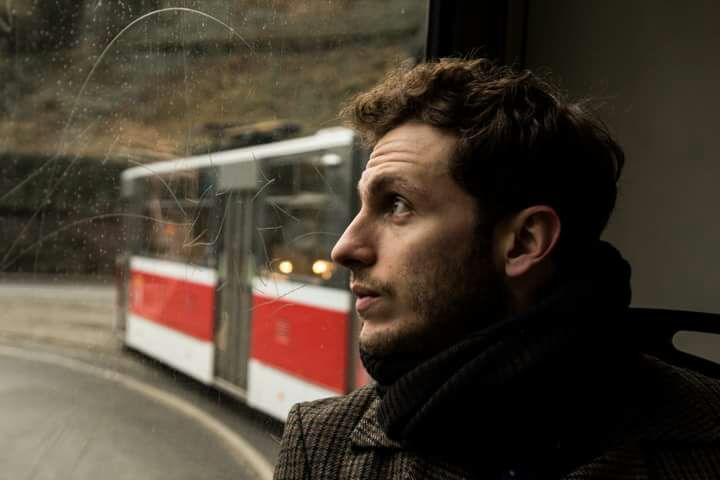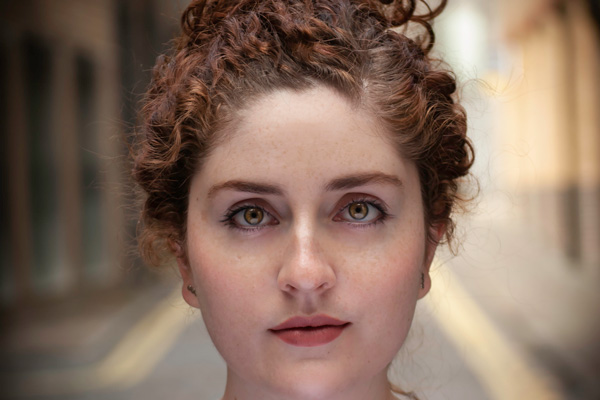Alumni/ae News
Mea Hoffmann '14, alumna and BCB Board member, featured in podcast DDCAST by the Deutscher Design Club
Hoffmann, a design and architecture curator, was featured in the episode "The Shakers – World Builders and Designers" to discuss her curatorial work with the Vitra Design Museum in Weil am Rhein.
Bard College Berlin dedicates Waldstraße 15 as “Julie Johnson Kidd Hall” as tribute to her vision and legacy
Bard College Berlin held a dedication ceremony on April 29, 2025 on the occasion of naming its most central new building in honor of Julie Johnson Kidd, whose leadership and support were instrumental in founding the European College of Liberal Arts (ECLA), the educational initiative which developed into BCB. The dedication ceremony, marking the college’s 25th anniversary, celebrated Julie Johnson Kidd’s transformative role in advancing liberal arts education in Europe. Highlights included remarks by Berlin-Pankow Mayor Dr. Cordelia Koch, reflections from students, alumni, and faculty on the enduring relevance of the liberal arts, and a keynote address from Johnson Kidd, delivered by her daughter Ashley Kidd.





